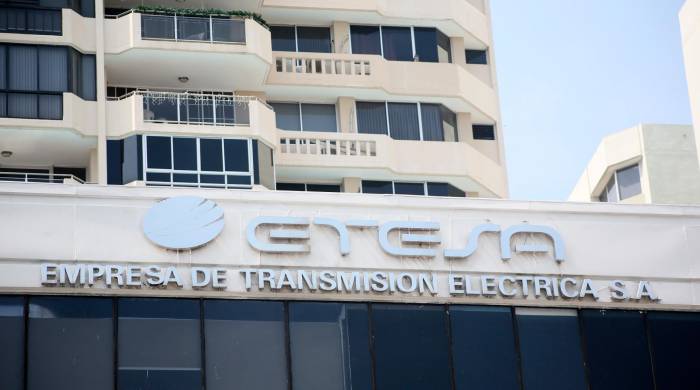Panama’s state power transmission company, Etesa, has launched a call for the procurement of firm capacity and energy from renewable sources to supply electricity distributors Ensa, Edemet, and Edechi. The bidding document for the process was approved by the public services regulator Asep, following the government’s announcement last month. The supply will come from existing solar, wind, and hydro plants, as well as new solar parks, starting from September 1, 2026. New wind and hydro plants may start between September 1, 2026, and January 1, 2029. The maximum contract term for existing plants will be 10 years, and 20 years for new plants. The firm capacity requirement is 230-500MW, and 93-408MW for the energy requirement in equivalent power.
Battery storage will be an option for hydropower plants and mandatory for wind and solar plants. Etesa has scheduled an information meeting for April 4, and offers are due on June 27. The awarding and contract signing are penciled in for August and September, respectively. The bidding information, which includes demand forecasts, is available in the Documents box in the top right corner.
BNamericas is currently tracking over 25 hydro, solar, and wind projects in the early stage or in construction. The project development is in line with Panama’s policy for decarbonization and the increasing demand for renewables. The country is attracting investors and developers with the implementation of long-term contracts and power purchase agreements (PPAs). The reliability of variable renewable energy (VRE) technologies, such as wind and solar PV, is being ensured through contract negotiations and the inclusion of battery storage. The International Renewable Energy Agency (IRENA) has praised Panama’s efforts to increase the share of renewables in its energy mix and highlighted the country’s potential for geothermal and hydropower development.


